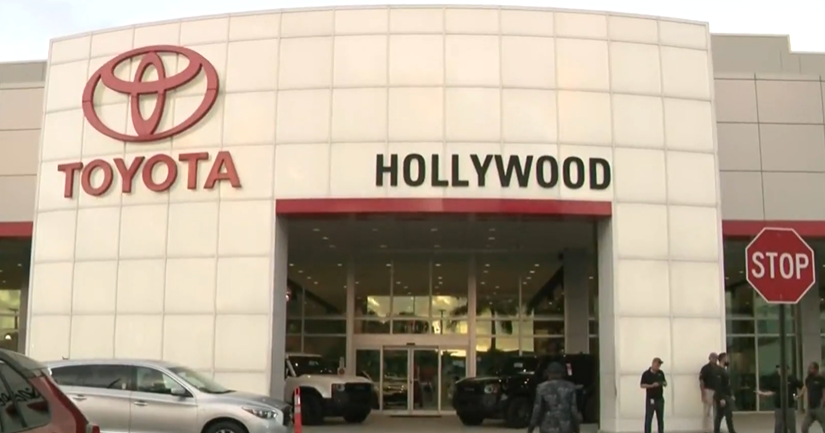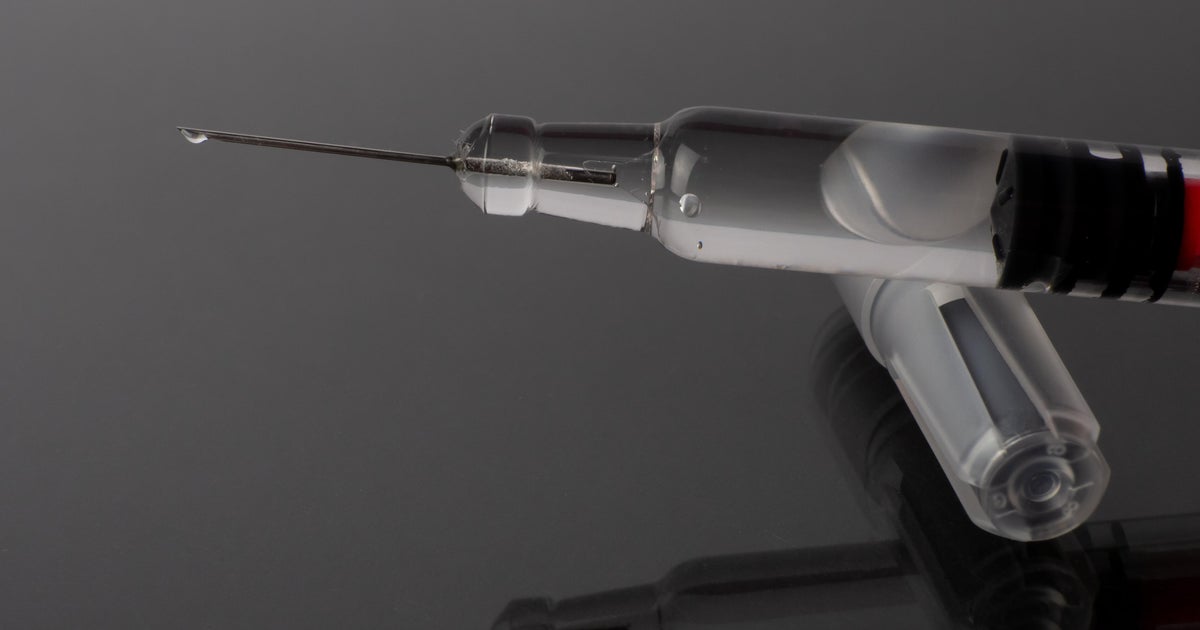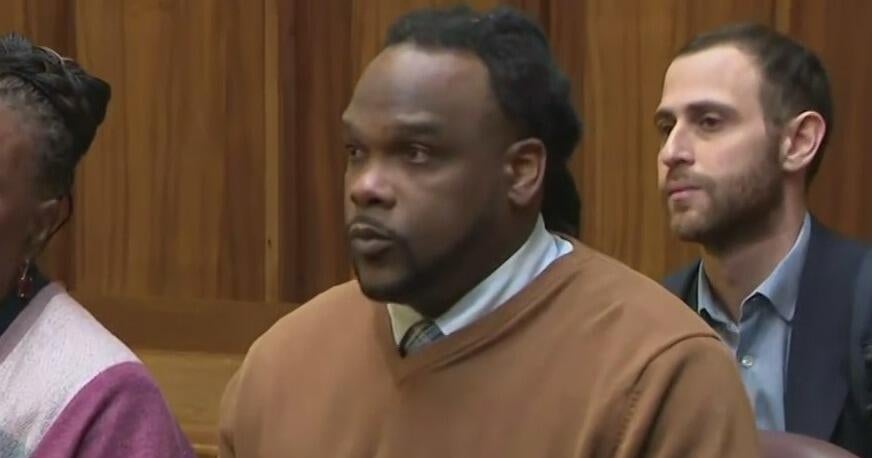South Florida businesses that rely on imported goods hope to steer customers away from cost increases.
CBS News Miami
“Listen, I like (President Donald) Trump,” said Aliza Daga, owner of Holy Land Flowers. “I love Trump. So I want to give him a chance.”
Prepared for costs to rise
Daga’s business sells flowers imported from Ecuador and Colombia. She is prepared for costs to rise after President Trump’s “Liberation Day” signing on Wednesday.
He signed an executive order placing “reciprocal tariffs” on imports from foreign countries.
The order establishes a baseline 10% tariff on all goods. However, the Trump administration plans to charge some countries more depending on how those countries tax U.S. goods and value U.S. currency.
“I believe in him,” Daga said. “He’s a businessman and he likes Israel, so I love him even more.”
Shielding customers from price hikes
Daga plans to make sure her customers do not feel any price hikes.
“You have to get through it to get to it,” said Herbie Lopez, general manager of Toyota of Hollywood.
His dealership sells more Toyotas than any other in Florida. Toyota owns 11 manufacturing plants in the United States where workers assemble and make most parts for most models, Lopez said.
That domestic production protects those models from tariffs.
However, the Toyota Tacoma pickup truck and RAV4 SUV face challenges.
“It’s like hot bread,” Lopez said of RAV4 sales. “As soon as we get them (on the lot to sell), we’re selling them.”
Shifting production location
Toyota is shifting RAV4 production from Canada to a plant in San Antonio to avoid tariffs, Lopez said. That move could bring South Florida buyers more options.
Much of the Tacoma’s production comes from Mexico, though, Lopez said.
“You might see some increases in there,” he said. “I think Toyota will do the right thing there where it won’t get passed on to the consumer. Then, what you’ve also got to look at is the used cars.”
If new car prices rise for other manufacturers less insulated from tariffs, demand for used cars could rise, Lopez said.
Either way, he tips his hat to the president’s trade strategy.
“We’re going to continue doing what we’ve always done, and if there is an increase, then we’re going to have to bite some of that,” Lopez said. “That’s part of getting through it to get to it.”




